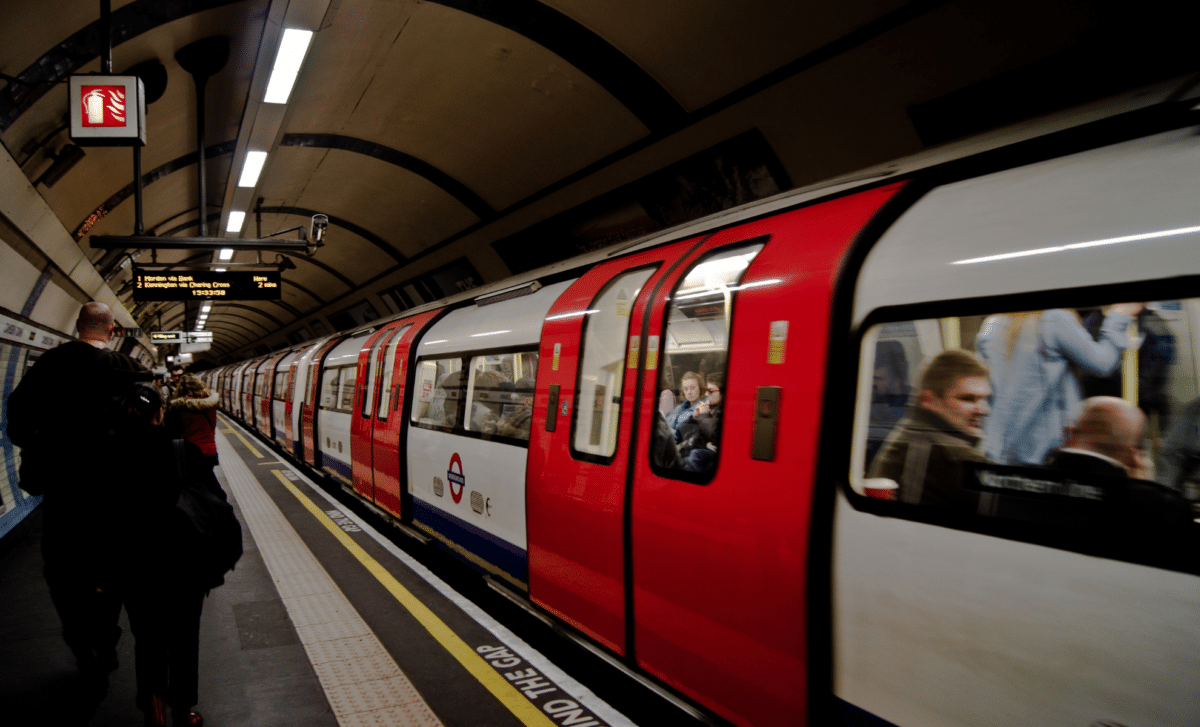Amidst the spectre of a potential strike, workers on the London Overground have successfully negotiated a three-year pay deal. The agreement includes significant pay hikes, particularly benefiting the lowest-paid employees, with around £5,000 in additional earnings.
Overground Dispute Settled with Promising Pay Deal
On Friday, the RMT union declared the resolution of its dispute with Arriva Rail London, the operator of the Overground for Transport for London. This significant announcement followed the pre-emptive cancellation of strikes that had been looming for the upcoming Monday and Tuesday. The parties involved reached a collaborative agreement, bringing an end to the turmoil that had been affecting Overground services.
This resolution draws parallels with a recent deal negotiated by the four Tube unions with TfL. In that instance, Mayor Sadiq Khan allocated an additional £30 million to address pay concerns among the 16,500 Underground staff. This financial commitment was made in exchange for the RMT agreeing to call off a series of strikes initially planned for early January.
The consistent pattern of resolving labour disputes underscores the significance of financial considerations and negotiations in maintaining essential public services.
The RMT reported on Friday that its Overground members demonstrated overwhelming support for the newly proposed deal, marking a pivotal moment in settling the protracted dispute. The unity and backing from the union’s members signal a collective understanding of the agreement’s terms and the potential impact on their working conditions. This internal cohesion within the union has played a crucial role in achieving a resolution that satisfies both parties involved.
The Overground, recently rebranded at a notable cost of £6.3 million by Sadiq Khan and TfL, holds the distinction of being the second most used railway in the UK, facilitating approximately 180 million journeys annually.
The successful resolution of this dispute ensures the uninterrupted operation of this vital transportation network, benefiting the countless passengers who rely on its services.
The financial terms of the agreement include a 6.5% increase for the year 2023, accompanied by a minimum payment of £2,000 for those earning below £30,000. Furthermore, there is a subsequent commitment to an increase aligned with the February rate of RPI interest, with a minimum payment of £1,750 for individuals earning below £32,000.
London Overground Dispute Resolved: RMT Union Secures Fair Pay Deal for 2025
In 2025, pay will increase by the February 2025 RPI rate, with a minimum payment, yet to be agreed, for anyone earning less than £33,750.
RMT General Secretary Mick Lynch stated, “I congratulate our London Overground members for showing such tremendous resolve in this dispute. Strong organization and the threat of strike action has once again yielded results.”
Steve Best, Managing Director at Arriva Rail London, expressed, “We’re delighted that we have been able to reach an agreement with the RMT union, and industrial action planned for next week has been suspended as a result.
This is a fair pay award which ensures long-term job security for our employees and a sustainable future for the railway. We are also pleased that London Overground customers will no longer face disrupted services next week.”
A TfL spokesperson expressed, “We are pleased industrial action planned for Monday 4 and Tuesday 5 March has been suspended by the RMT following positive discussions with our operator Arriva Rail London. All London Overground services will now operate as normal.”
The strike, the second of two 48-hour walk-outs in the RMT’s pay dispute, had services suspended before 8 am or after 6 pm on the Gospel Oak to Barking Riverside route (Suffragette line), the Stratford to Richmond/Clapham Junction route (Mildmay line), and the Highbury & Islington to Clapham Junction/West Croydon/Crystal Palace/New Cross route (Windrush line). Additionally, services would not have called at six stations, including Haggerston, Rotherhithe, and Shoreditch High Street.
In response to the cancellation of earlier strikes, RMT general secretary Mick Lynch attributed the progress to the determination of London Overground members employed by Arriva Rail London. The strikes, initially announced on January 30, were prompted by the RMT members’ dissatisfaction with a “below inflation pay offer.” However, Arriva Rail London contended that they had presented a “good pay award,” emphasizing their commitment to ongoing engagement with the RMT to resolve the dispute.









